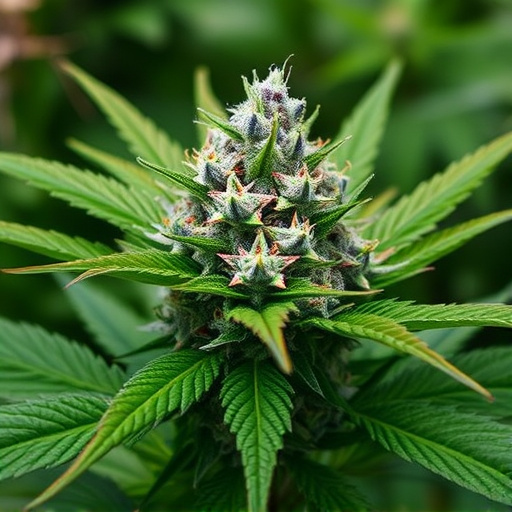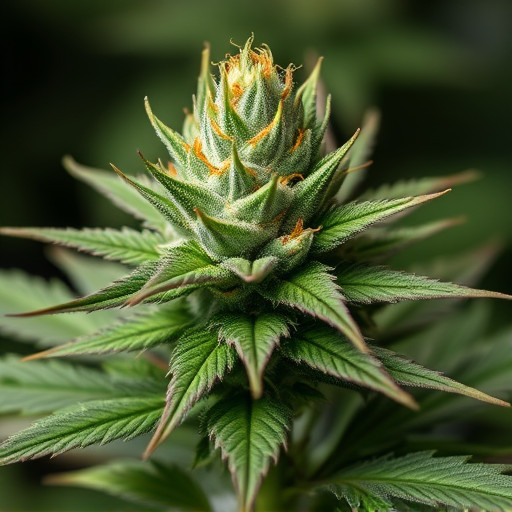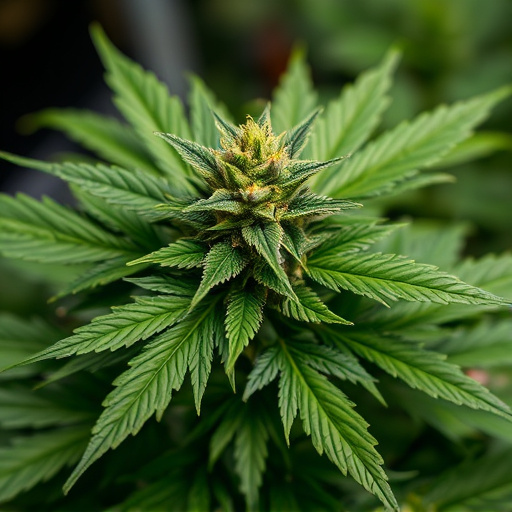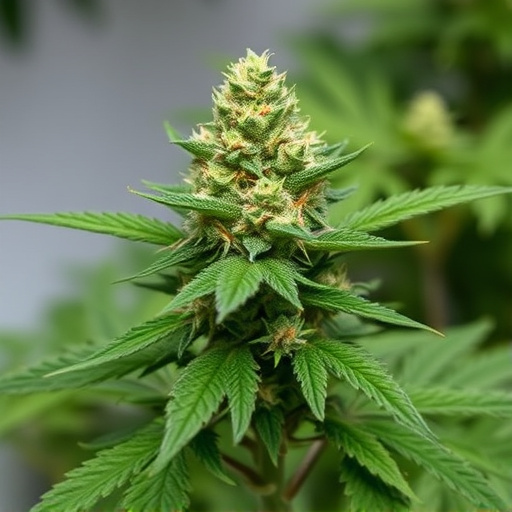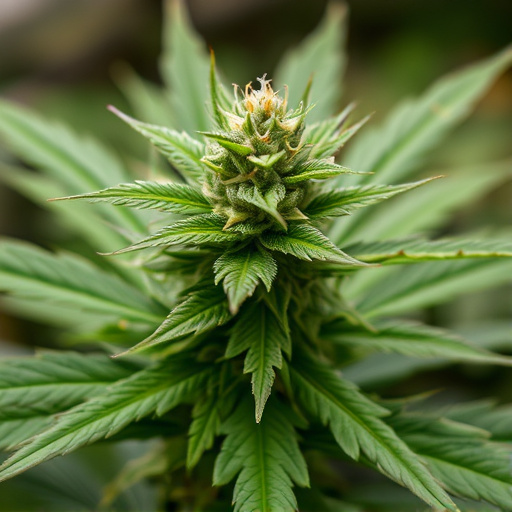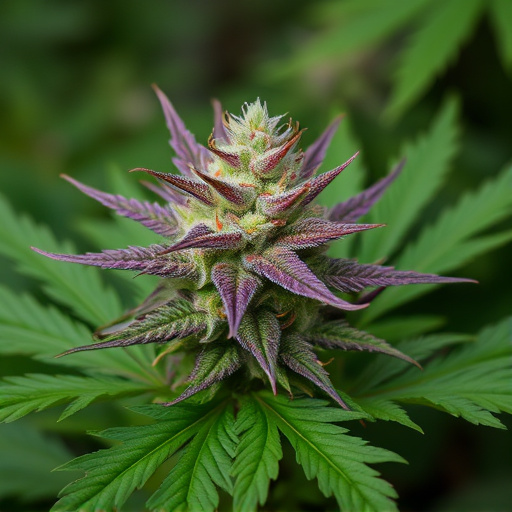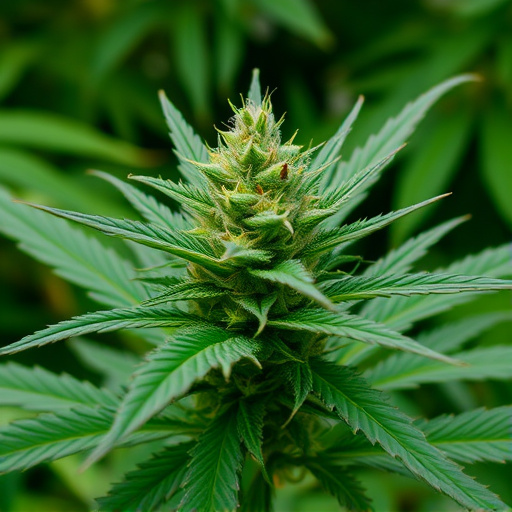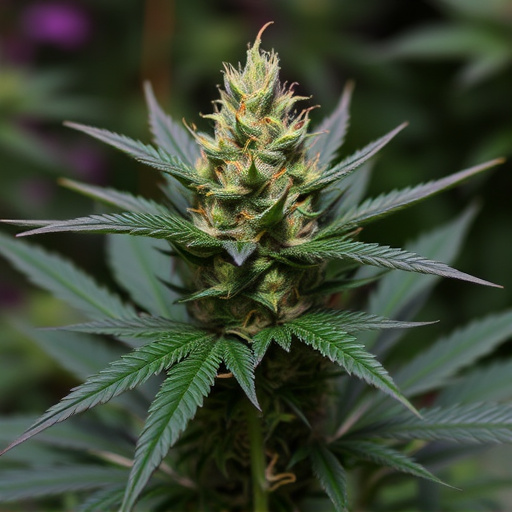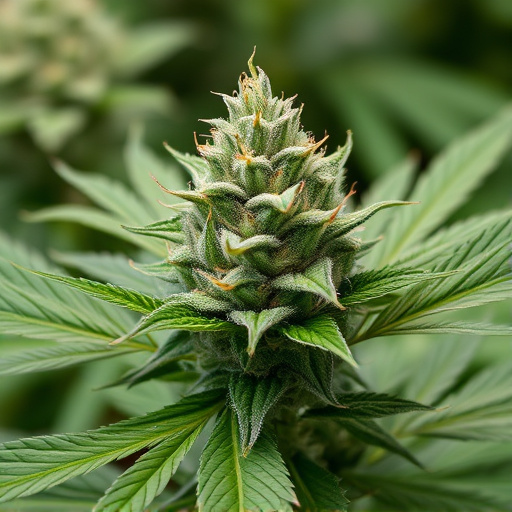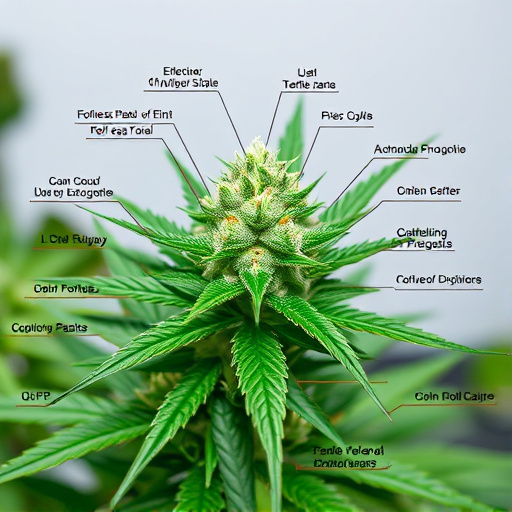Soil health directly affects the quality and effects of cannabis strains by influencing terpene and cannabinoid production. Proper nutrient management, including balanced macronutrients (N, P, K) via compost and organic fertilizers, promotes robust growth and desirable cannabinoid profiles like THC and CBD. Understanding soil-cannabinoid interactions is crucial for cultivators aiming to produce top-tier, high-quality cannabis products that meet consumer expectations regarding desired effects.
The growing environment plays a pivotal role in shaping the quality, potency, and unique characteristics of cannabis plants. From soil composition to climate control and light spectrum, each variable influences cannabinoid profiles and terpene production, ultimately impacting the final product’s effect on consumers. Understanding these environmental factors is crucial for cultivators aiming to optimize their cannabis strains and deliver desired effects. This article delves into these essential aspects, providing insights into how they affect cannabis quality and offering valuable techniques for cultivation success.
- The Role of Soil and Nutrients in Cannabis Quality
- – How soil composition impacts cannabinoid profiles
- – Essential nutrients for optimal cannabis growth
The Role of Soil and Nutrients in Cannabis Quality
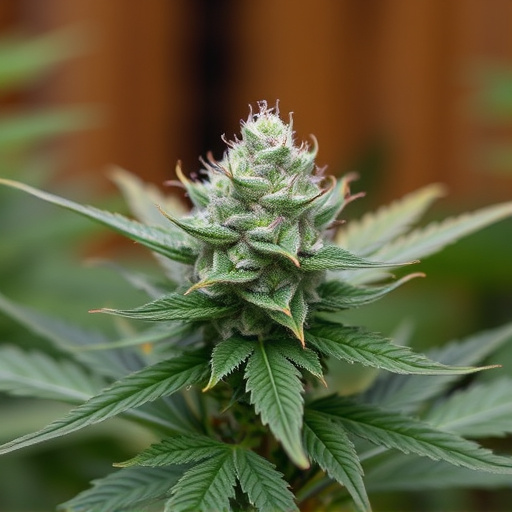
The quality of cannabis is influenced by various factors, with soil and nutrients playing a pivotal role in shaping the final product. Different cannabis strains exhibit unique characteristics and effects, largely due to their genetic makeup, but environmental conditions, especially soil composition, significantly contribute to these variations. Nutrient-rich, well-draining soil promotes robust plant growth, allowing cannabis plants to accumulate more terpenes and cannabinoids, which are responsible for the strains’ distinct aromas, flavors, and potential therapeutic benefits.
Soil amendments, such as compost or organic fertilizers, can enhance nutrient availability, ensuring plants receive essential elements like nitrogen, phosphorus, and potassium. These nutrients support not just overall plant health but also influence the development of specific cannabinoids like THC and CBD, which are highly sought after by consumers for their psychoactive and medicinal properties. Understanding how soil interactivity with cannabis strains contributes to their quality is paramount for cultivators aiming to produce top-tier products that meet consumer expectations.
– How soil composition impacts cannabinoid profiles
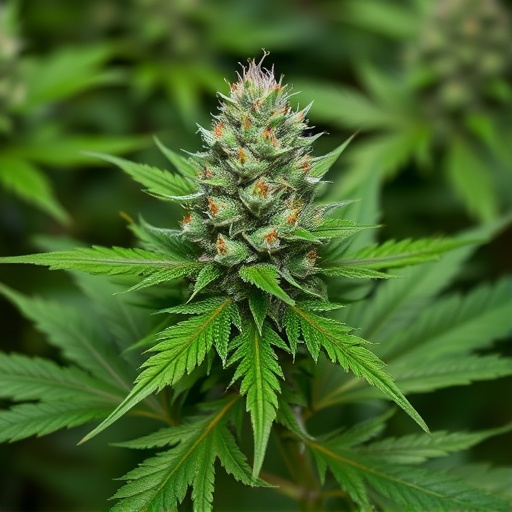
The soil a cannabis plant grows in plays a significant role in shaping its cannabinoid profiles and, consequently, its potential effects on users. Soil composition, including nutrient levels and pH balance, directly influences the way plants absorb essential elements. For instance, optimal nutrient ratios promote healthy cannabis growth, leading to richer cannabinoid production. Cannabis strains known for their relaxing or energizing effects may be attributed, in part, to the soil’s ability to enhance specific cannabinoids like THC or CBD.
Soil type can also dictate the terpene makeup of cannabis plants—compounds responsible for the diverse aromas and flavors we associate with different cannabis strains. For example, well-draining, mineral-rich soils may encourage the development of earthy terpinen-4-ol, while richer, organic soils could contribute to citrusy or fruity notes from myrcene. Understanding these soil-cannabinoid interactions is crucial for cultivators aiming to breed cannabis strains with specific effects and aromas.
– Essential nutrients for optimal cannabis growth
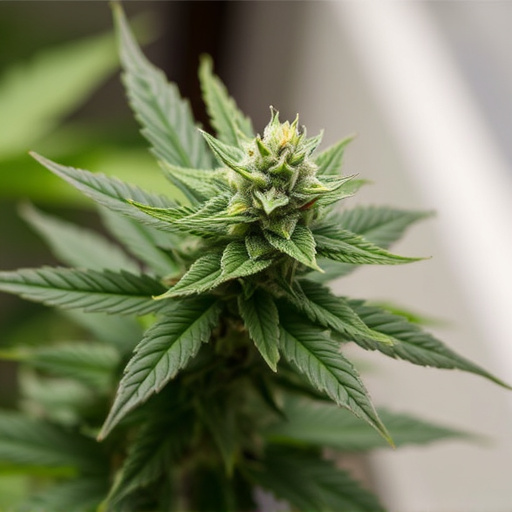
Cannabis plants, like most others, require a balanced mix of essential nutrients to thrive and produce high-quality buds. These include nitrogen, phosphorus, and potassium, which are often referred to as NPK. Nitrogen supports robust leaf growth, while phosphorus is vital for strong root development and flowering. Potassium enhances overall plant health and contributes to the production of potent cannabis strains with diverse effects.
The availability and balance of these nutrients can significantly impact the final product. Optimal conditions encourage cannabis plants to focus on producing dense, resinous flowers that are rich in cannabinoids like THC and CBD. Conversely, nutrient deficiencies or imbalances may result in weaker, less potent plants with reduced chemical profiles, affecting both the quality and effects of different cannabis strains.
In conclusion, understanding how growing environments impact cannabis quality is paramount for cultivators aiming to produce superior strains with desired effects. Soil composition significantly influences cannabinoid profiles, underscoring the importance of nutrient management. By providing essential nutrients, growers can optimize plant health and yield, ensuring cannabis strains meet consumer expectations. These insights empower cultivators to create environments that foster robust plants, ultimately enhancing the overall quality and experience for end-users.
